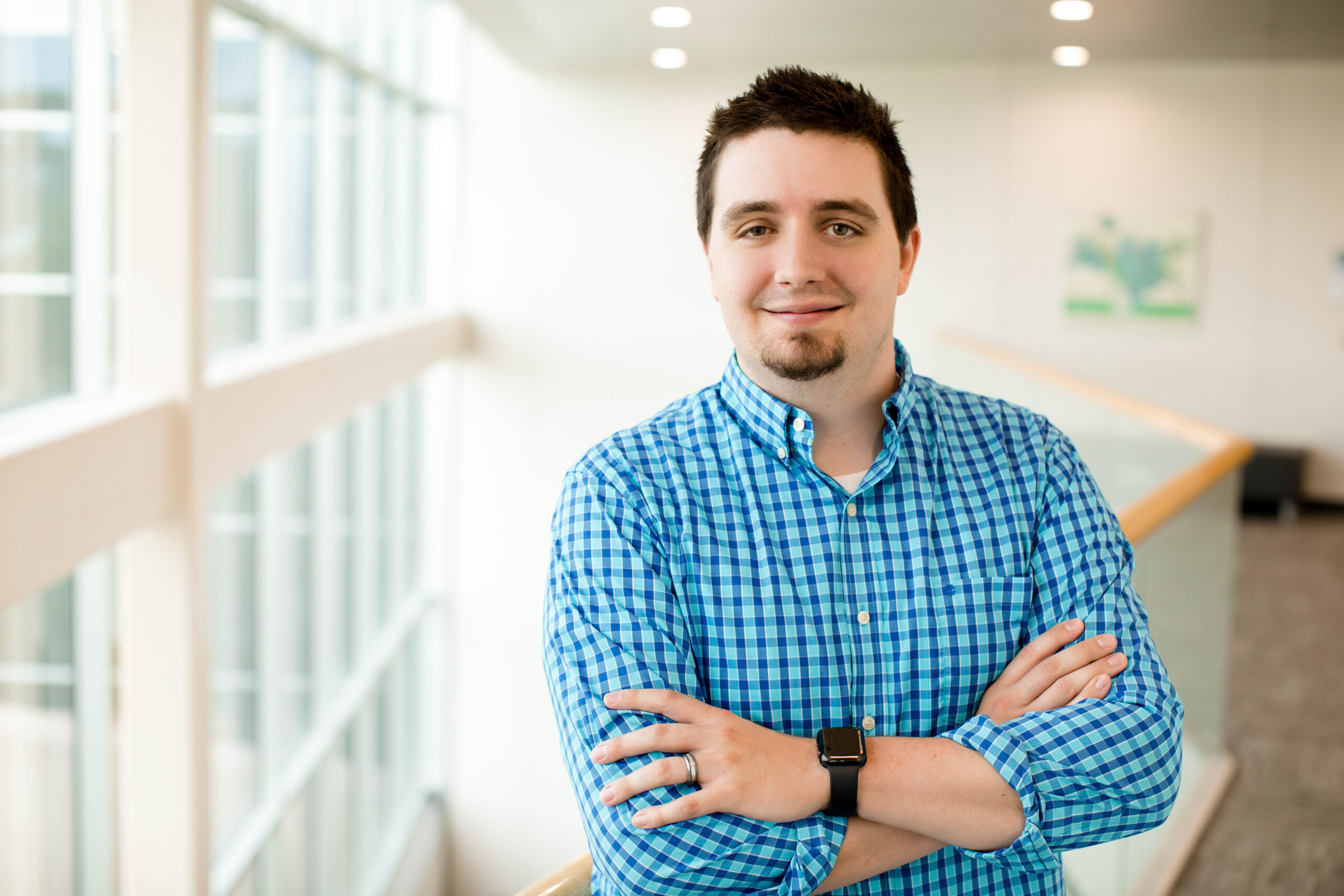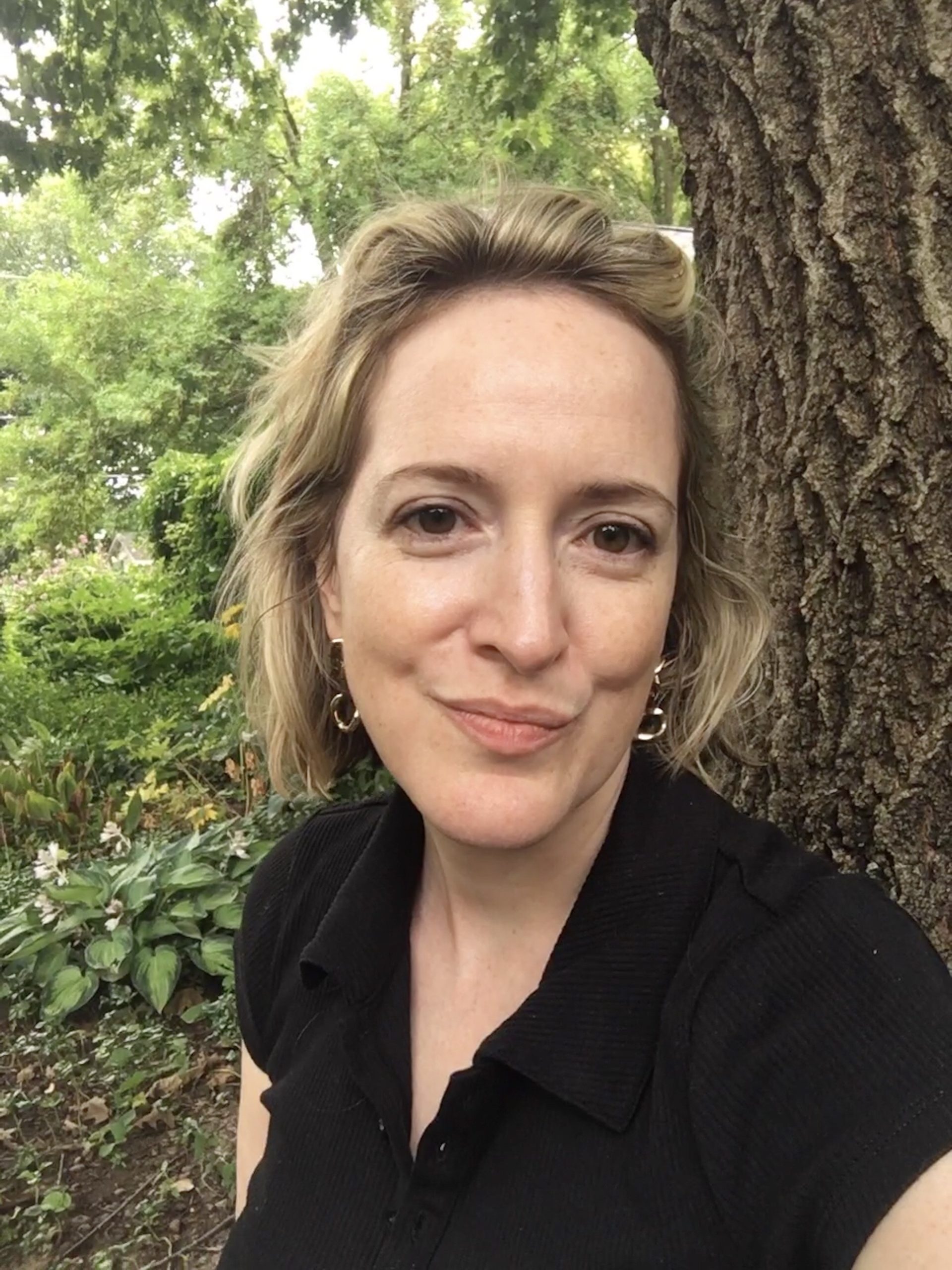Fellows
The Harkin Institute’s fellows program assembles diverse, insightful professionals to facilitate cooperative, high-quality, nonpartisan research, analysis, and education.
This work is concentrated in two areas:
1. Engagement and original use of archival materials from the Tom Harkin Collection.
2. The institute’s four public policy focus areas.
Our Current Fellows
The Harkin Institute’s fellows create original work products that educate policymakers, the public, and students on issues that were paramount in Senator Tom Harkin’s work throughout his career.

Josh Pearson
Focus: Retirement Security
Dr. Joshua Pearson is the Graduate Program Director and Assistant Professor for the Healthcare Leadership and Administration department at Winona State University in Winona, Minnesota. He earned his doctorate degree from A.T. Still University and maintains certifications in healthcare quality and finance. Dr. Pearson has previously worked as a consultant and leader for Federally Qualified Health Centers (FQHCs) and his research interests include health policy issues related to health insurance coverage (with an emphasis on Medicare and Medicaid) and safety net providers.

Elise Pohl
Focus: Wellness and Nutrition
Elise Pohl is a Research Fellow at The Harkin Institute, currently working on a review that will collate the available scientific research to understand further the potential relationships between environmental contaminant exposures and cancer. Before coming to THI, Elise worked in the Center for Acute Disease Epidemiology at the Iowa Department of Health and Human Services. She completed her undergraduate degree at the University of Iowa and completed an MSc in Global Public Health at Queen Mary, University of London.
Fellowship details
- The Harkin Institute’s fellows may be faculty of Drake University or another institute, gap-year or doctoral scholars, or professional practitioners.
- Preference is given to faculty on sabbatical, retired professional practitioners, gap-year or doctoral scholars, and projects that have already received outside financial support. Drake University faculty chosen as fellows can negotiate a course reassignment with the provost office.
- Fellowships may be one semester, one academic year, two academic years, or a shorter specified duration, dependent on the institute’s priorities and the nature of the applicant’s proposed work.
- The Harkin Institute supports fellows through reimbursement of research-related expenditures, student employee wages, office space, and administrative support.
- The number of fellows varies annually depending upon the institute’s priorities and applicants’ proposals.
Fellows’ responsibilities
- Conduct original, data-driven research and analysis on the topics and policy priorities identified by The Harkin Institute with the goal of determining best practices and translating those practices into public policy tools; or
- Support education and outreach for the institute’s ongoing programming or the development of new programming.
- Fellows will engage students in their work, produce tangible work products for multiple audiences, represent the institute at events and programs, serve as an unbiased source for the public and media, and refrain from public advocacy efforts or partisan political activity.
- All data generated, work published, or other product that reflects research or programming during the term of the fellowship will publicly acknowledge The Harkin Institute and is the shared intellectual property of the institute.
Fellowship Inquiries
If you have any questions or would like to inquire about becoming a fellow at The Harkin Institute, email us at:
Address: 2800 University Avenue, Des Moines, IA 50311
Phone: (515) 271-3623
Email: harkininstitute@drake.edu
Office Hours: Monday to Friday 9:00 a.m. to 4:00 p.m.



